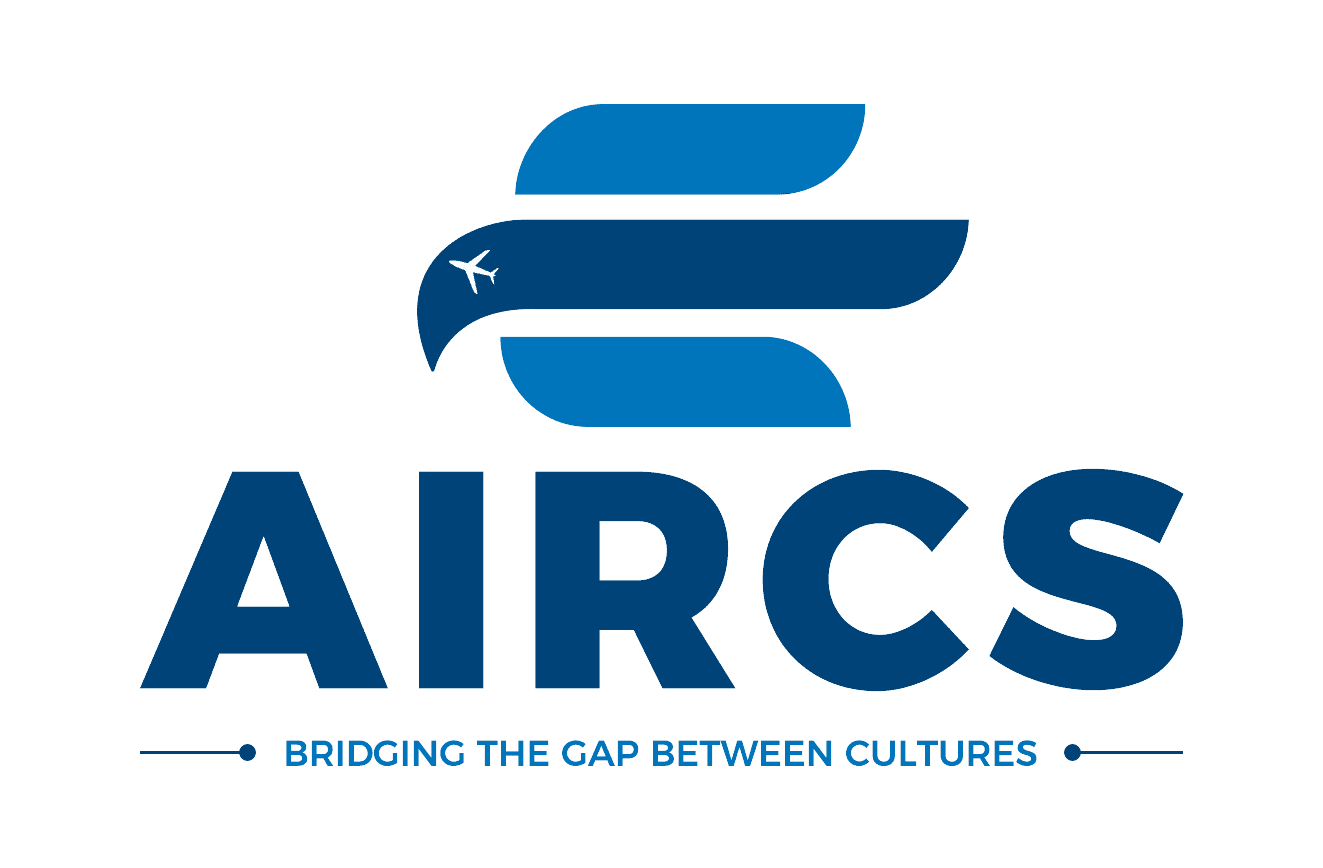Key Considerations for Pakistani Entrepreneurs from Faisalabad Seeking Short-Term Business Visas in Australia & Canada
For Pakistani entrepreneurs, especially those from Faisalabad, seeking global business opportunities, short-term business visas to Australia and Canada open doors to expanding networks, exploring markets, and establishing partnerships. These visas are essential for attending meetings, conferences, or exploring investment opportunities. However, navigating the application process can be challenging, and that’s where AIRCS Immigration Consultants, the leading firm in Faisalabad, proves invaluable.
Why Consider Short-Term Business Visas?
- Market Exploration: Gain first-hand insights into emerging markets in Canada and Australia.
- Networking Opportunities: Meet potential clients, suppliers, and partners.
- Investment Assessment: Evaluate real estate, businesses, or other investment prospects.
- Growth Potential: Align your ventures with international standards and trends.
Key Considerations for Australian Business Visas
Australia offers several visa categories for short-term business visits:
- Types of Australian Business Visas
- Business Visitor Visa (Subclass 600):
- For short-term visits to attend business events, meetings, or exploratory activities.
- Valid for up to 3 months per visit.
- Temporary Activity Visa (Subclass 408):
- For specific business events or government-endorsed activities.
- Eligibility Criteria
To apply for an Australian business visa, you need:
- A valid passport (validity extending at least 6 months beyond the intended stay).
- An invitation letter from an Australian business or conference.
- Passport showing funds to cater for ticket fare.
- Evidence of ties to Pakistan, such as business registration documents or property ownership.
- A detailed travel itinerary and proof of previous international travel (if applicable).
- Supporting Documents
- Business registration certificates.
- Tax records demonstrating financial stability.
- An copy of the letter of introduction of the purpose of the visit.
- Challenges
- Tight Timelines: Visa processing may take several weeks.
- Complex Documentation: Precision and completeness are critical to avoid delays.
Key Considerations for Canadian Business Visas
Canada welcomes entrepreneurs through its Business Visitor Visa program.
- Types of Canadian Business Visas
- Temporary Resident Visa (TRV):
- Required for short-term business visits.
- Eligibility Criteria
Applicants must:
- Demonstrate their visit is strictly business-related.
- Show proof of ties to Pakistan to ensure return after the visit.
- Have an invitation letter from a Canadian organization or partner.
- Prove financial stability to cover trip costs.
- Supporting Documents
- Proof of existing business operations in Pakistan (e.g., business registration, tax returns).
- An itinerary with details of meetings, events, or conferences.
- Accounting records for the previous six months and Official bank statements for the previous six months.
- Challenges
- Strict Screening: Canadian immigration assesses the intent of the visit rigorously.
- Tight Financial Documentation Requirements: Any discrepancies can lead to rejection.
How AIRCS Immigration Consultants Simplify the Process
AIRCS Consultants, the leading immigration consultancy in Faisalabad, ensures entrepreneurs overcome challenges and successfully secure their visas.
- Expert Guidance on Eligibility
AIRCS evaluates your business profile, ensuring you meet all eligibility criteria for Australian or Canadian visas.
- Assistance with Documentation
Their experienced team helps in preparing and verifying critical documents like invitation letters, tax records, and financial proofs, minimizing errors.
- Tailored Strategies
AIRCS provides personalized solutions, helping entrepreneurs align their visa applications with their business objectives.
- Transparent Process Management
From initial consultation to application submission and follow-up, AIRCS ensures complete transparency, keeping clients informed at every stage.
- High Success Rate
AIRCS boasts a proven track record in securing business visas for Faisalabad-based entrepreneurs, making them a trusted partner for your global ambitions.
Practical Tips for Entrepreneurs
- Plan Ahead: Start the visa process at least 2-3 months before your intended travel date.
- Be Clear About Intentions: Ensure your business purpose is well-documented.
- Maintain Financial Transparency: Submit genuine and consistent financial records.
- Trust Experts: Engage professionals like AIRCS to navigate complex requirements effectively.
Final Thoughts
Short-term business visas to Australia and Canada are gateways to international growth for Pakistani entrepreneurs. By partnering with AIRCS Immigration Consultants, you gain the expertise, efficiency, and support needed to navigate these processes smoothly. Based in Faisalabad, AIRCS is your bridge to exploring global opportunities and achieving business success abroad.
Contact AIRCS today to begin your journey toward expanding your entrepreneurial horizons in Australia and Canada!


